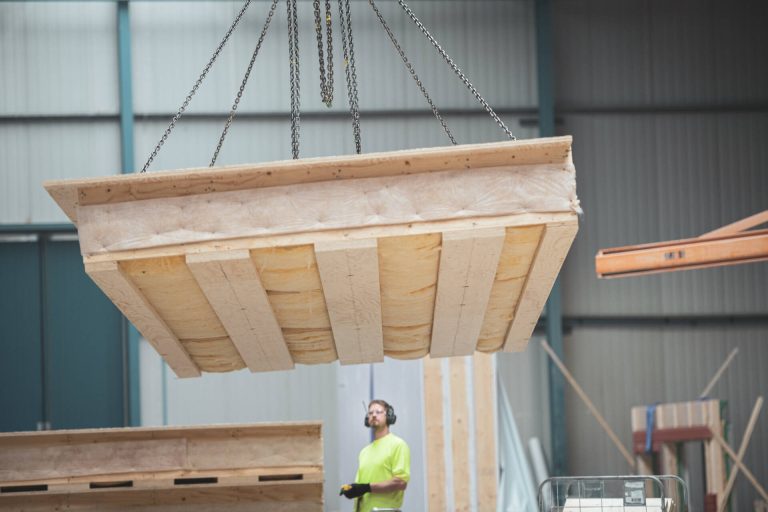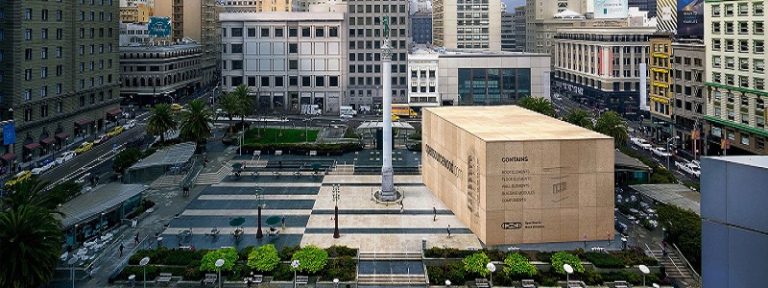In response to housing challenges and environmental issues in urban areas, extending buildings upwards is a logical solution. As part of an urban development project in Poissy, near Paris, 33 new apartments were constructed on top of existing residential buildings. The apartments were built with prefabricated wooden modules made from fast, light and green Kerto® LVL products. Thanks to the prefabrication and light wooden structures, the construction took only six months to complete. Prefabrication and use of wooden structures make building extensions fast and economical. Metsä Wood’s Kerto® LVL (laminated veneer lumber) is an ideal material for designing and constructing additional floors in urban environments. Wooden modules are light to transport and lift. Prefabrication ensures quick installation. The construction work for the wooden extensions in the Beauregard neighbourhood of Poissy began in September 2016. The building renovation project was managed by the property owner Vilogia and the Parisian architectural agency Virtuel Architecture. The 33 new apartments, each with 2–3 bedrooms, were constructed on the rooftops of three buildings, with a reinforced structural design. The modular housing units were installed at a rate of roughly one to three apartments per day. The construction project also included installation of three elevators and extension to the staircases. “What’s interesting about the solution for vertical urban development is the prefabrication”, declares Laurent Pillaud, architect at Virtuel Architecture. “Each house is made up of three or four modules and one roof; the production of the modules took one month. Then the modules were delivered and each was installed directly on the rooftop in one day.” The joints between the modules were carefully planned. The wooden modules could be lifted directly to the right place and quickly connected to other modules and to roof structures. Well-thought of design minimised the amount of work and hassle at the construction site. A company CMB assembled the wooden modules at their production hall in Mauléon. CMB is renowned for its exceptional expertise in modular construction. Prefabrication guaranteed the quality at all levels: interior paintwork, toilet facilities, flooring, internal and external woodwork, etc. Building upwards with wooden modules Today, the hyper-urbanisation of cities is a multifaceted problem, posing social issues as well as issues concerning respect for the environment and health. Building vertical extensions using wooden modules is a logical and appropriate solution to the housing crisis in urban areas. Between 1990 and 2011, over 1,200 vertical developments were authorised in the city of Paris alone, whilst over 31,000 planning permission files were submitted, along with over 65,000 planning permission requests. These figures stand as proof of the growing interest in vertical urban development. Open Source Wood initiative Metsä Wood believes that construction using wood and modular building extensions are the most practical and environmentally sound solutions to addressing rapid global urbanisation and climate change. However, not nearly enough knowledge about modular wood design and building is shared, so wood construction remains a limited sector of the construction industry. That’s why Metsä Wood launched Open Source Wood – a pioneering open innovation project aimed at facilitating knowledge sharing and growth in modular wood construction. Read more and join the initiative at opensourcewood.com







